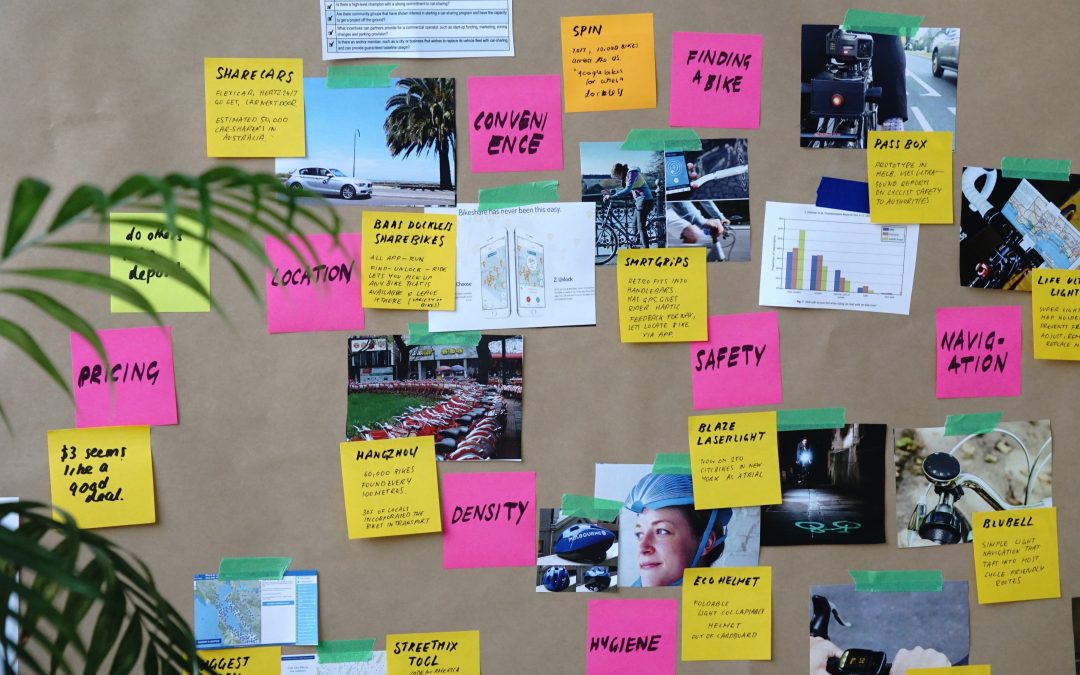“What is your greatest strength?” is a common interview question, often paired with by ‘What is your greatest weakness?’
You might think that talking about your strengths would be easier than discussing your weaknesses, but you should prepare to answer this question, just like you would your weaknesses.
It’s easy to get it wrong when answering this question. You could come across as arrogant, or even modest. If you choose not to prepare, you could fall in to the trap of listing the first things that come to mind- these may not be relevant to the role you’re applying for.
So how do you come up with the perfect answer? If you are prepared to put in a little effort, the following tips will ensure you have an appropriate response.
Before you get started, it is useful to understand what recruiters are trying to find out when they ask this question.
Why do interviewers ask “What is your greatest strength?”
The aim of the interview is to find out whether or not you are the right person for the job. This involves working out if you have the right skills, if you are dedicated to your career, and if you’ll fit in with the rest of the team. For example, if you are applying for an account management role, your interviewer may be interested to find out more about how you deal with customer complaints. If you are applying for a marketing manager role, they may want to hear more about your efficiency with project management – they will likely want to hear more about your leadership skills too.
When answering this particular question, you should always keep in mind that you should be talking abut the skills the employer requires. An interview can give them an insight in to your personality too, which will help them work out your levels of commitment and if you’re a fit for the team.
As with many interview questions, this question is just as much about how you answer as what you answer. Revealing what you think are your greatest strengths can reveal a lot about you as an individual and as an employee. Are you confident in your own ability? Or do you appear unsure about certain aspects of the role?
It’s also worth noting that as ‘What is your greatest strength?’ is such a common interview question, your interviewer will expect you to have prepared.
How to answer ‘What is your greatest strength?’
The best answer to this question can be done in two parts. This will firstly include your strength, and secondly, some examples of how you have demonstrated this skill in the past.
The strength you choose must be related to the job you’re applying for. The easiest way to find a strength that will help show your interviewer that you have the skills for the job is to match your strengths with the job description.
First, make a list of all the skills in the job description, then cross-examine this list with a list of your own strengths. Hopefully, you will find that a number of these are on both lists. Pick the three strengths that you feel are most relevant to the role. Then, the next stage is to match these skills up with some examples. We suggest that you come up with two examples for each, just in case the employer would like further elaboration. If you are struggling, it might help to ask a friend or colleague what they feel your greatest strengths are. They have a different perspective on your abilities and might come up with some ideas that you haven’t thought of. Ask them if they can think of a time when you demonstrated a particular strength. Again, their suggestions might surprise you.
You will only need to answer the question with one strength and one example, but it is always smart to over-prepare – have some spare strengths and examples up your sleeve in case the question asks for plural ‘strengths’, or in case they ask you to develop your answer. Now you have your strengths and examples prepared, the next stage is to practice. We always recommend that candidates don’t script and learn answers word-for-word, as this can sound a little unnatural. It can also throw you off if the question is phrased slightly differently. Prepare bullet points and work from these. This allows for some flexibility and your answer will sound much more natural.
How not to answer
Many people find job interviews difficult because they feel uncomfortable about the element of talking highly about themselves. This is one of the questions that can be particularly problematic for such interviewees. It is very easy to be too modest in this scenario. If this sounds like you, it might be useful to simply state your strengths and examples as facts. If you have chosen your strength well and have an appropriate example, this will be more than enough for the interviewer. The opposite, being too arrogant, is also a common mistake. You won’t win any points for bragging about your strengths. Not being able to back up your strengths with examples is another common pitfall. This immediately weakens your answer – the interviewer may not fully believe what you’ve said.
Example
Here’s an example from a digital marketer’s application for a role:
I would say that my greatest strength is my ability to communicate with others. I’ve always enjoyed working with people as I have found that it adds a lot of diversity to my working day. While I have worked with customers over the phone and via email, I have always enjoyed speaking to customers in person the most. In my previous role, I won the customer service award last year for the way that I handled several customer complaints. I managed to resolve the issues and even secured more business from those customers.
Why we like this answer: This digital marketer role will require the candidate to spend a lot of time with customers, finding out what they need, answering questions, and dealing with their strategy appropriately. Communication skills are therefore an ideal strength for the candidate to target with their answer. The answer contains personal details which make it sound genuine, and mentioning the award gives weight to it. The candidate will need to be prepared for a potential follow up question on exactly how they resolved the customer complaints.

The ultimate marketing job interview guide
When recruiting for marketing roles the interview panel will, first and foremost, be looking for strong communication skills and a quick, inventive mind

Ten ways to improve your marketing CV
It goes without saying that a brilliant CV will be your ticket to an interview and your dream marketing job. All the advice from job-hunting experts says spend plenty of time getting your resume right. Don’t be sloppy, and in the ever-competitive world of marketing, try as hard as you can to make yourself stand out from the crowd.

Five tips for complying with the new EU Cookie Law
EMEA marketers are scratching their heads, wondering how to go about compliance with the EU Privacy Directive that officially became law in the United Kingdom on 25 May 2012. The directive mandates that all companies marketing into the UK obtain consent from website visitors in order to store and retrieve usage information from their computers.

Shell leads FTSE 100 in digital marketing
Shell has landed the top spot in a survey of the UK’s most digitally connected corporate brands in the FTSE 100. For marketing professionals, Shell’s digital marketing strategy can be used as a benchmark for good practice in the industry, say experts. Other high-scoring brands include Kingfisher, SABMiller, Aviva, and Unilever so observing how they use the various channels for digital marketing will be helpful to marketers.

Five ways to stay motivated during your marketing job search
We all begin to feel frustrated when the search for a new job drags on. It’s worth remembering that very few people are successful with every job application they make. The trick for marketing professionals in today’s tough economic climate is to try and learn something from each failed job application, take it on the chin, and move on. Here are five tips on how to stick with it, as you search for your perfect marketing role:

Why your next marketing recruit should have creativity at their heart
It is the yin and yang of marketing. One of the raging debates in the field is that of the relative importance of the big-ideas creative versus the data analyst and technician. Which is more important? The ideas and content creator, or the...



